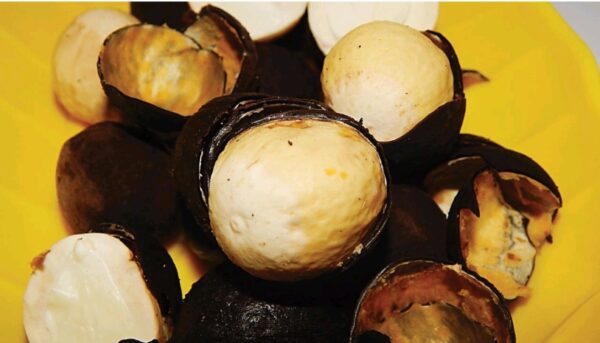Importing and Exporting Perishable Goods – A Step-by-Step Guide
Perishable goods or items can be defined as things, especially living tissues like food and flowers which can get rotten or go bad quickly. These include flowers from the Netherlands, fruits, and vegetables from India and China and so much more from so many other countries.
Perishable goods pose the biggest challenge to supply chain management since their shelf life is comparatively very less as compared to others. Moreover, they are critical to handle because of the risk to get damaged immediately. Hence, they not only need to be handled with extreme care but they also need to be transported on time. Various other factors like storage and the right temperature also play a key role in keeping their freshness intact.
You may have heard the saying – “One rotten apple spoils the whole basket.” But do you think that this saying holds true only for apples? No, it doesn’t! In fact, this saying holds true for almost all of the perishable stuff including fruits, vegetables as well as flowers. This is because there is so much more science behind it. As these items ripen, they release ethylene gas. It is in reality this gas that causes the fruit to soften and ripen and eventually rot away. Hence, the items releasing ethylene gas are stored separately from others.
Since the storage, transfer, and transportation of perishable goods are such a task, there are special requirements for importing and exporting perishable goods. These requirements are enlisted below:
Following are the steps for importing perishable goods:
- Research thoroughly about the licenses and/or certificates that are necessary to import the product.
- Analyze freight and prepare an outline consisting of the transit time, route, and modes of transport that best suit your shipment.
- Determine excellent packaging for your product during transport.
- Next, search for transportation options that are apt for your shipment, taking into account the maximum volume allowed, amenities for maintenance of the cold chain, and the transit time of the route. A cold chain is temperature-controlled storage and movement of goods. It is especially critical to perishable items.
- With so many options available in the market it is pretty easy to get confused. So, improve your research and then bank on it.
- After having studied try to implement the transit times to the best of your abilities! This is the key step in the entire process. This holds true for the entire time period consisting of production to when the goods are handed off to the carrier, in order to avoid delays in the logistics chain.
In addition to the above, there are certain special requirements that are unique to each country. The entire supply chain process needs to integrate these regulations. As a result, it is advisable that you reach out to an import-export agency to help you carry out the process smoothly.
Further, we have enlisted the steps for exporting perishable goods. They are as mentioned below.
Following are the steps for exporting perishable goods:
- Each country needs a specific set of documents. Review the needed before you export.
- Similar to the import process you need to analyze your transportation options to select the apt one for your products. Keep in mind that your items are perishable and choose accordingly.
- Decide upon the type of packaging to use, depending on the mode of transportation chosen and other conditions.
- Next, you need to request approval from the carrier, airline, or shipping company to transport the product.
- You have to now obtain customs clearance.
- Finally, proceed with your shipment, and yay! You are done for the day.
The steps listed above might seem easy to read but mind you, they are quite a bit of work. The most intense of all the work is researching and making sure you are well on time with all the items, documents, and everything else which is required.









One Comment